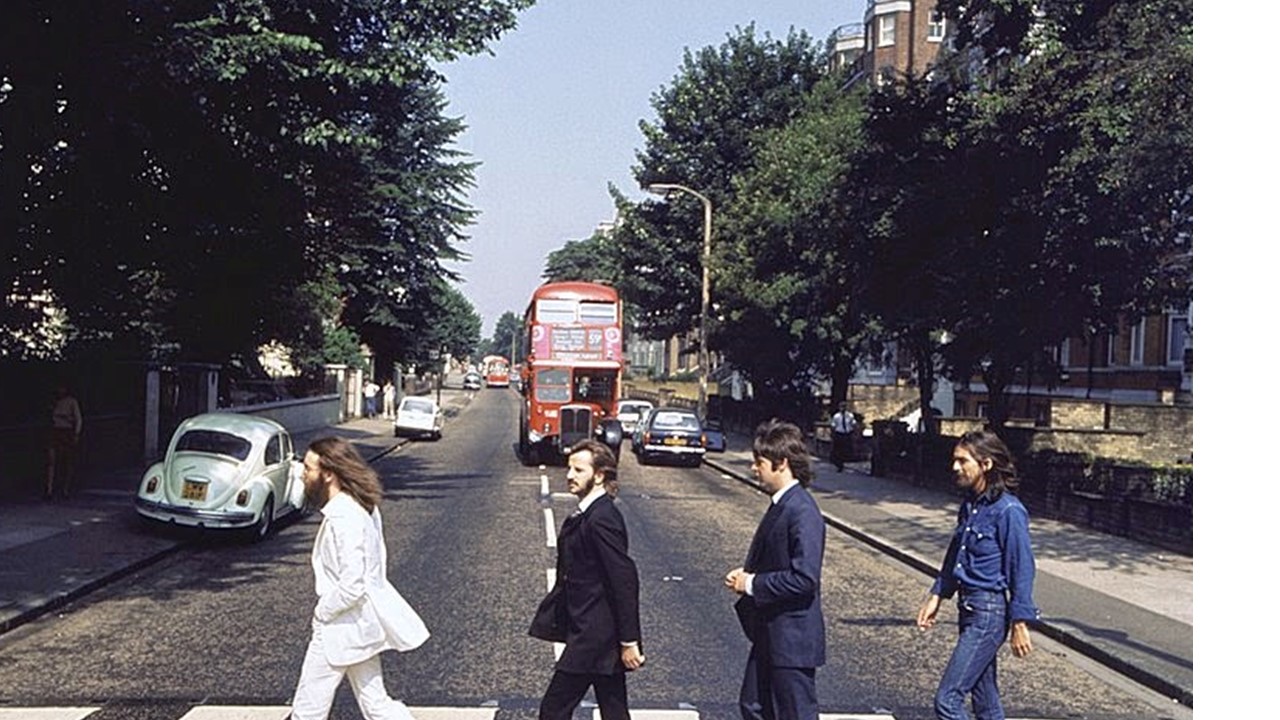According to a research study at Yale University it was concluded that continuous stressors and ongoing life problems intensify food cravings. Cravings are intense and specific desires to consume calorie-dense, non-nutritious, highly palatable food that is difficult to resist and is not related to hunger. There are many ways that food can temporarily relieve stress, such as cortisol squirts or awakening of our brain’s reward system. Additionally, not all food cravings are pathological and most adults experience them. Cravings become problematic when we act on them. If chronic stress, food cravings and weight gain are linked, the logical remedy to this vicious cycle is to target stress reduction to enhance weight loss. Most people attempt to lose weight through improving nutrition and exercise, which does nothing to stop stress-induced cravings.
Imagine a chronically stressed person taking a break from their office job to jaywalk, because it momentary relieved their stress. While they may not be fully aware of the connection between jaywalking and stress relief, in time they get hit by oncoming traffic; the injuries and hospitalizations accumulate. Focusing only on treating the orthopedic injuries is analogous to concentrating on nutrition when a person is ambushed by stress-induced food cravings. This study suggests that if you are chronically stressed and struggling with your weight, it may be helpful to look at what is eating you and to shift your efforts beyond nutritional interventions. To interrupt the jaywalking or acting on food cravings, one must get at the root cause.
The greatest weapon against stress is our ability to choose one thought over another. William James

